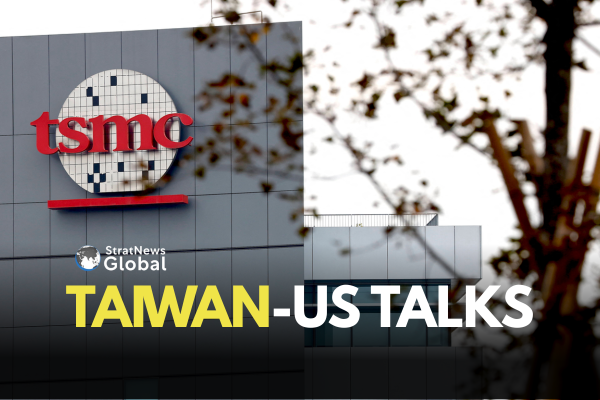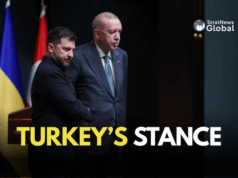The administration of US President Donald Trump is negotiating a potential agreement with Taiwan that could see the island commit to new investment and worker training in advanced industries such as semiconductor manufacturing. According to people familiar with the discussions, the deal would strengthen cooperation between Taiwanese firms and US industries while supporting Washington’s efforts to build domestic technology capacity.
Boosting US Semiconductor Capabilities
Under the proposed arrangement, major Taiwanese companies, including TSMC—the world’s largest contract chipmaker—would expand their operations in the United States. They would also send capital and skilled personnel to train American workers in semiconductor manufacturing and other high-tech fields. One source said the total investment from Taiwan would be smaller than those made by Japan and South Korea but would include technical support to help the US develop science park infrastructure based on Taiwan’s successful model.
Currently, Taiwan’s exports to the US face a 20% tariff. Taipei has been seeking to reduce this rate as part of broader trade negotiations. Although semiconductors are exempt from tariffs for now, Washington is eager to strengthen local production. South Korea and Japan have already pledged $350 billion and $550 billion respectively, under similar deals that reduced tariffs on their exports.
Challenges and Opportunities in US Projects
TSMC has faced difficulties in staffing its new Arizona plant, with CEO C.C. Wei noting that construction took twice as long as similar projects in Taiwan due to worker shortages and supply chain gaps. To address these issues, TSMC relocated many skilled workers from Texas, which raised costs. Taiwan’s government has continued to discuss ways to deepen supply chain cooperation under what it calls a “Taiwan model,” built on decades of experience in developing integrated science parks.
Taiwan Premier Cho Jung-tai confirmed that both sides are now exchanging documents to finalise details. He stressed that Taiwan’s expertise in creating science parks offers a unique advantage, as few countries can replicate its success. Vice Premier Cheng Li-chiun added that negotiations aim to reach common ground on investment expansion while ensuring the island’s most advanced chip technologies remain in Taiwan.
Trade Tensions and Regional Implications
The talks come amid rising US tariffs under Trump’s trade agenda. Although a 100% tariff on semiconductor imports has been announced, firms like TSMC that invest in the US are exempt. Washington has also hinted that such measures might not take effect soon. Still, the potential deal with Taiwan could draw strong reactions from Beijing, which views the island as part of its territory.
Trump recently defended allowing skilled foreign workers into the US, saying they are vital to train Americans in advanced manufacturing. In a recent speech, he highlighted plans to collaborate with Taiwanese companies on major semiconductor projects. Meanwhile, Taiwan’s Foxconn chairman Young Liu said he hopes building science parks abroad could further strengthen trade ties with the United States.
(with inputs from Reuters)





